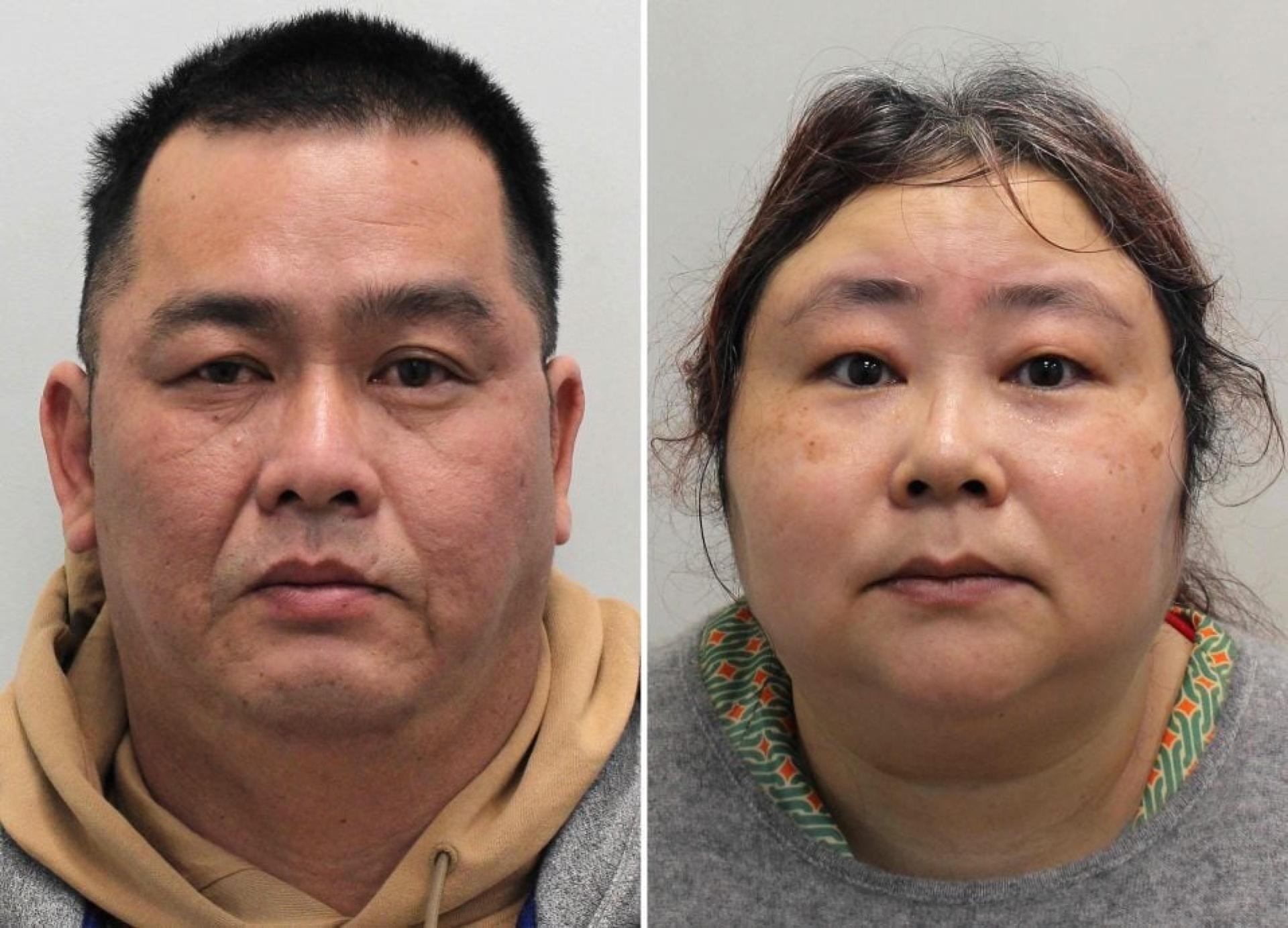For orchestrating a Ponzi scheme and laundering its proceeds by converting them into Bitcoin, 47-year-old Chinese national Qian Zhimin was sentenced to 11 years and 8 months in prison by a London court on the 11th.
Lin Chengfu (transliteration), a 47-year-old Malaysian man and co-defendant, was sentenced to 4 years and 11 months in prison for assisting with the money laundering.
The case involved more than 61,000 Bitcoins, equivalent to about 6 billion US dollars (approximately 24.844 billion Malaysian Ringgit), making it the largest and most complex cryptocurrency money laundering case in UK history, and also setting a global record for the largest amount of cryptocurrency confiscated.
Once living a life of luxury and called the “Chinese Goddess of Wealth,” Qian Zhimin was accused of running a company in Tianjin, China between 2014 and 2017, luring around 128,000 investors into a so-called “wealth management scheme” with promises of returns as high as 300%. In reality, it was a Ponzi scheme, using new investors’ money to pay the returns of earlier investors. After the scheme was uncovered, she fled to the UK in 2017 using a false identity and exchanged part of the proceeds into cryptocurrency.
At the end of 2018, Qian Zhimin tried to purchase a luxury home in London for more than 23 million pounds (about 125 million Malaysian Ringgit) to launder her funds, which attracted the attention of banks and police. Her assistant Wen Jian was already sentenced to prison last year for assisting in money laundering.
Police revealed that Qian Zhimin was arrested in 2024 at a bed and breakfast in York, England.
At the sentencing in the Southwark Crown Court in London on the 11th, Qian Zhimin appeared in a floral traditional Asian outfit. She was visibly emotional and shed tears upon hearing the verdict.
Her lawyer, Sahota, stated that the defendant “accepts the verdict” and feels “deeply sorry” for the pain caused.
Currently, UK authorities are proceeding with civil actions to determine how the confiscated Bitcoins can be used to compensate victims. Over 1,300 victims have already registered claims.
